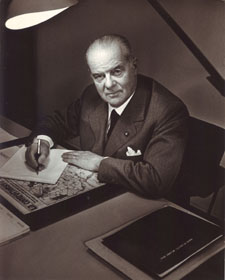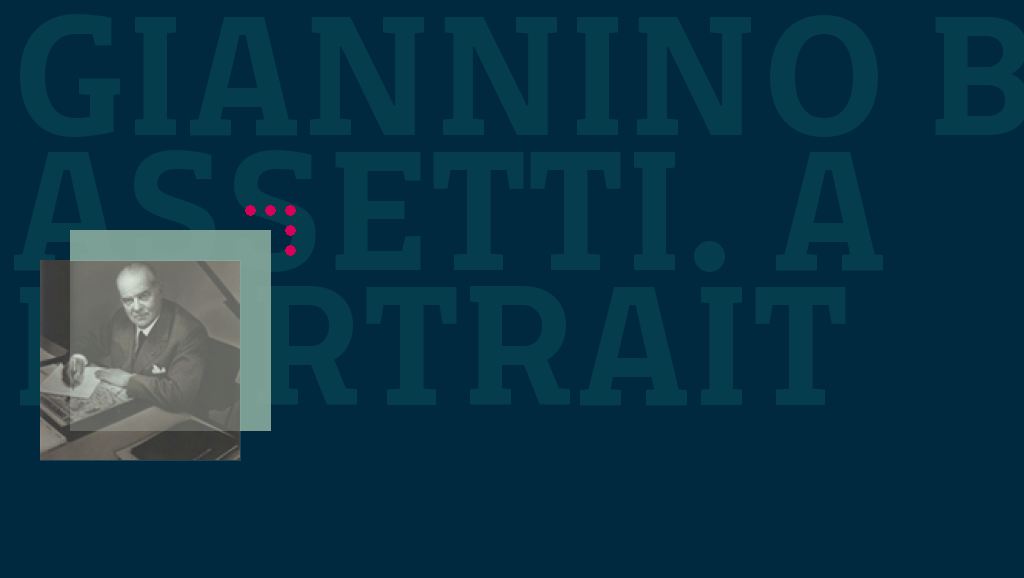 In uncle Giannino’s time, the task of redistributing the resources created in the production cycle was structurally entrusted to the individuals who had these at their disposal, not least we could also say: to their paternalism.
In uncle Giannino’s time, the task of redistributing the resources created in the production cycle was structurally entrusted to the individuals who had these at their disposal, not least we could also say: to their paternalism.
Today the argument is different – the State, in particular the Welfare State, redistributes the resources. The redemption is already carried out by the tax authorities. On the other hand, what is becoming more and more attributed to the entrepreneur, besides the production of goods and services, assuring an increasing and efficient productivity, is another more demanding function – that of “innovating”, where innovating no longer means simply “introducing commercially new products”. In many cases it means not only this but also proposing, on the basis of new technologies and processes, new consumer solutions, production solutions, life solutions, a remarkable contribution to the changes in the world around us. A world in which exists not only the discovery of atomic energy, travels in space, Dolly the Sheep, but also – and perhaps not least – the everlasting battery, the Vespa, the latest advanced washing machine programme, the aspirin, the zip, Velcro and – why not after all – the new way to sleep with feather duvets.
All things that were invented and introduced by entrepreneurs. Often aided by the determining help of Science and Technology. Often without -merely through the simple contribution of fantasy, intelligence, wisdom. Always, however, taking on responsibility, consciously or not.
So much the better. Up until the eighth century, whatever was added, either in quantity or quality, to the scarce insufficiency of that age, was nevertheless beneficial. The market was in a position to stabilize itself if an innovation proved worthwhile – if it proved thus, then the market rewarded it with lavish profits, if it didn’t prove so, then the market punished it with expulsion.
But with the growth of science, the emergence of environmental problems, everybody is starting to ask themselves if the “automaticism” of the incentives and disincentives of the market really does exhaust the issue. Everyone is coming to realize that he who decides in any of these fields, assumes responsibilities that, objectively, are responsibilities that go well beyond the risk of compromising his budgets or those of his company. He takes on a role, a civil and moral role, decidedly challenging – due to the influence his choices have had over his ways of living, customs, social relations, in any case with a direct historical impact (if History, as we know it, does sometimes recognize “minor” history, which sometimes is not “minor”!). Of course the establishment to which Uncle Giannino belonged, could well repeat the ideological response of laissez-faire or that of the Left’s notion of state planning, but the civil issue of increasing a sense of moral responsibility in those individuals who are in a position to undertake and thus to innovate, remain fixed in its importance and difficulty. Importance because the problem of the direction by which we want to transform the world is big in itself. Difficulty because the valuation of the direct and indirect consequences that go beyond the mere economic result is very difficult from many points of view.
This is why I have insisted so that my uncle – who understood these matters extremely well and was also in a position to evaluate the consequences of consciousness – decided to link his and our name, to any institution who accepted to deal with this matter.
Uncle Giannino knew very well that Rockefeller didn’t bear the same responsibility as that of Edison, a Krupp as that of Mr Cantoni or a Nobel Prize as that of Ford, nor that he himself beared the same responsibility as that of his Grandfather Giovanni, or as that of his grandson. Uncle Giannino knew very well that the modern entrepreneur is forced, by his job, to a role that is no longer limited or “limitable” to the example of Smith’s theory of the efficient coordinator of factors; limited not even to the sense implied by Schumpeter (in his model of the economic development, the contribution given by the entrepreneur to the change of things, moreover justifying the profit, in any case finishes up in the market). He knew very well that the true role of a responsible entrepreneur is defined through the contribution that he gives to the civil evolution of the society in which he operates. Furthermore, in understanding this role better than his colleagues, he was helped by his intelligence (of which he was certainly not lacking), and his catholic culture. Through the aid of these characteristics, he was also able to understand just how difficult the issue was – a question of involved values, but above all an objective difficulty to ascertain a causal relationship between the choices of an entrepreneur and the consequences on the lives of people, without interfering with the fundamental value of the free creativity of the human race.
















